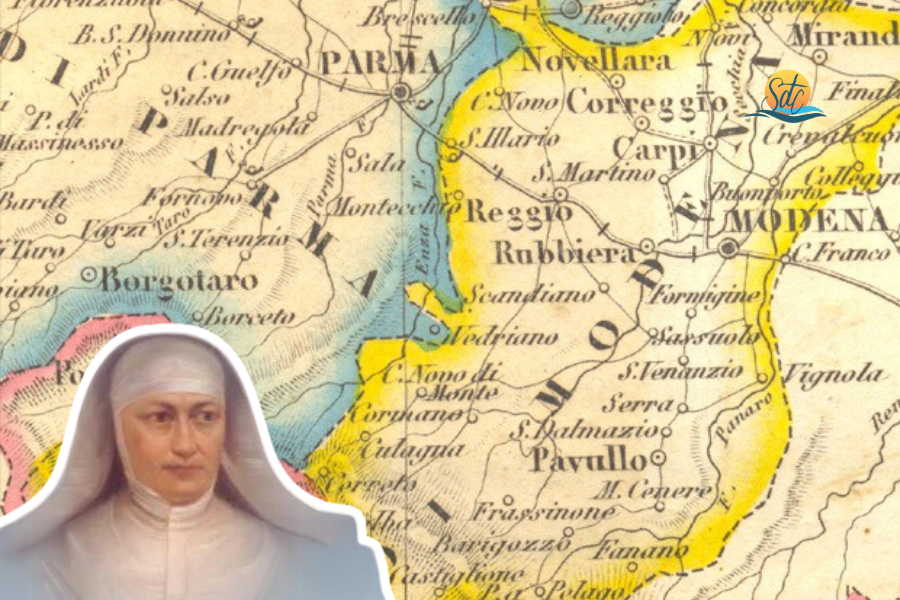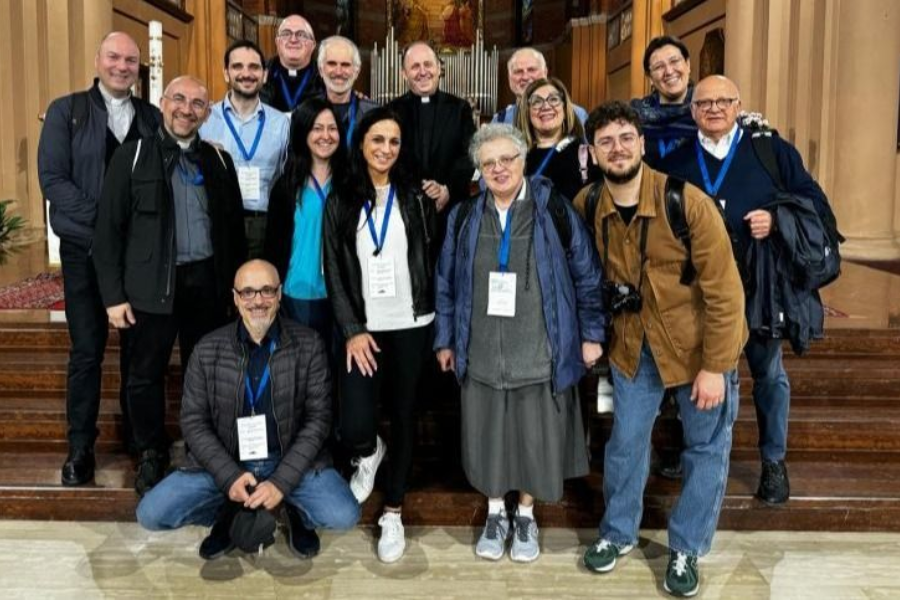In order to better understand the ecclesial reality in Vietnam, we take up here what Bishop Nguyen Anh Tuan, Bishop of Ha Tinh, in the north of the country, shared with the editorial staff of Asianews, the online magazine of the Pontifical Institute for Foreign Missions (PIME), in the aftermath of the November 2023 Synod.
Among the delegates who took part in the Synod in the Vatican a few weeks ago, Vietnamese bishops stood out. Bishop Luy (Louis) Nguyễn Anh Tuấn of Hà Tĩnh (northern Vietnam), a former auxiliary bishop of Ho Chi Minh City, spoke to AsiaNews about the current situation of the Church in Vietnam, in light of the recent letter Pope Francis sent to his Church a few weeks ago.
In it, the pontiff addresses Vietnamese Catholics for the first time directly, following the signing of an agreement with the government that paves the way for the presence of a permanent representative of the Holy See in the country.
“People were very happy to receive this letter from Pope Francis,” said Bishop Anh Tuấn. “It was the first time he had addressed the faithful directly. Now they are waiting to welcome him in Vietnam. The letter was a sign of this. Plus, he also said, ‘if I don’t go, John XXIV certainly will’.”
“We have been waiting for the pope for a long time; we wanted to invite him for several years. Now I think the government also wants this visit, even if it (the invitation) has not yet been officially issued.”
Asked about the current climate in the Church in Vietnam, Bishop Anh Tuan speaks of a much improved situation for the Church in Vietnam in recent years.
“The presence of a permanent representative of the Holy See in Hanoi was an important step. We expect it to help our pastoral activities grow.
“Already in recent years we have been given much more freedom. And I must say that the traumatic event of the pandemic has been an opportunity for growth, especially in Saigon (Ho Chi Minh City), which was very hard hit.
“Many priests, nuns, and lay people have done a lot to help victims and the government has recognised this contribution. Trust in us has grown. And I think it was an opportunity to bear witness to the faith through welfare activities.”
In his letter to Vietnamese Catholics, Pope Francis urges Vietnamese Catholics to be “good Christians and good citizens”, which he also addressed to Chinese Catholics during his trip to Mongolia. “These are words that our government has greatly appreciated,” the Vietnamese prelate said.
“Not only Catholics, but every Vietnamese must be a good citizen. For us, this is also a way to bear witness to the Gospel. To be good citizens in Vietnam today is to be good disciples of Christ.”
What are the pastoral priorities of the church in Vietnam?
Development in a country like Vietnam remains an open challenge. “The gap between big cities and rural areas is very wide,” the bishop explained. “In my diocese, I see young people leaving for Saigon, Hanoi, Da Nang, Haiphong, but also Korea, Japan, Malaysia, even the United States and Europe where they can earn a living.
“We must also take this into account when considering pastoral care. Let us educate young people in the faith as spiritual knowledge that they can take with them wherever they will find themselves in the future. But our Church is still looking for solutions to provide them pastoral care. We need to work more with the Churches in the countries of destination – this too is an aspect of the synodal Church.
“Wherever Vietnamese Catholics come together as a community, they live the faith in a vibrant way; many confirm this. We are trying to address the problem, sending missionaries with them to work not only with Vietnamese but also serve the local Churches where they settle.”
Such “ministry ad vitam is made possible also by the fact that there are many vocations in Vietnam to the priesthood and consecrated life.” This is a sign of the vitality of the Vietnamese Church.
The church in Vietnam is experiencing a season of vocational vitality
“Last year,” the prelate noted, “we had 105 candidates for the seminary in my diocese, but we could only admit 30. Some bishops send candidates they cannot take in to other countries such as New Zealand or Australia. There are still many vocations, especially in rural areas and the cities.
“One can see this trend as a social issue. In the poorest areas, Catholic families are more devout. But I look at its spiritual significance: it is the place where the Lord calls us to serve the Kingdom of God. After all, Jesus said it in the Gospel: ‘Blessed are you who are poor, for yours is the Kingdom of God’.”
Source: Pime Asia News
Article link: https://www.asianews.it/news-en/Vietnam,-our-Church-and-China-59723.html






